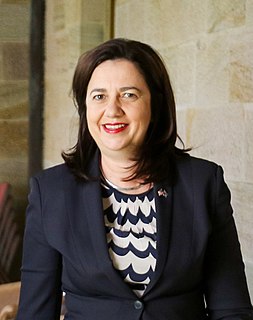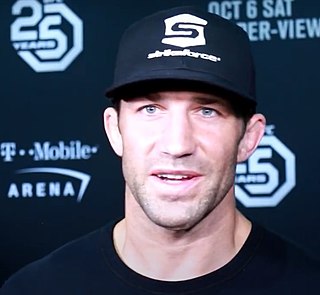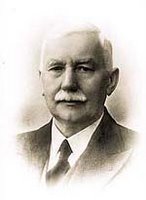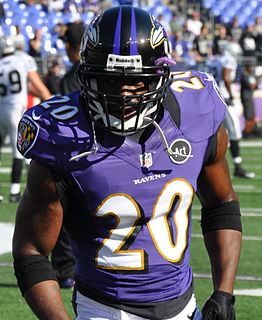A Quote by Ben Sasse
Politics is about maintaining a framework for ordered liberty so that people can live in the neighborhoods and the communities that they live in.
Quote Topics
Related Quotes
The people who are working, paying their taxes are put into the system so that affordable housing could be built in neighborhoods that they probably live in that. That they may not want to, they may pay a premium so that they could live where they want to live and you end up with just another massive redistribution of wealth.
A crucial difference between lite libertarians and the right kind is that to the former, the idea of liberty is propositional - a deracinated principle, unmoored from the realities of history, hierarchy, biology, tradition, culture, values. Conversely, the paleolibertarian grasps that ordered liberty has a civilizational dimension, stripped of which the libertarian non-aggression axiom, by which we all must live, cannot endure.
False liberty is also a reason that people fabricate doctrines that say that you don't need to suffer. One such doctrine is the one that states that Jesus has done everything, so we need not do anything that opposes our flesh or self-will. False liberty is also manifest when people scorn souls who are striving to live a God-fearing life, saying that these live in bondage.
I don't conjure up ways of denying people freedom. I don't sit around and examine what people do that I don't like and try to figure out ways to get them to stop it, unless we're talking about lawbreakers, of course. But I'm a freedom, liberty, live and let live kind of guy. I might not approve of or like what people do, but have at it.
Especially in black communities, we've been so groomed to stay where we are and not like people in the other neighborhoods. It's crazy. It won't allow people to experience life and see what the world truly has to offer. People are stuck in their ways, stuck in their communities, stuck on their streets.
I truly believe that to stay home, to learn the names of things, to realize who we live among . . . then I believe a politics of place emerges where we are deeply accountable to our communities, to our neighborhoods, to our home . . . If we are not rooted deeply in place, making that commitment to dig in and stay put . . . then I think we are living a life without specificity, and then our lives become abstractions. Then we enter a place of true desolation.
So one of the profound things we found when studying these congregations, the mixed ones, is just how much overlap and interracial ties that develop not only with the people in the congregation, but they start meeting each other's families, and their friends, and they go to each other's neighborhoods if they live in different neighborhoods, and at work they meet people they wouldn't otherwise met, and so it creates a whole new definition of what the group is.


































